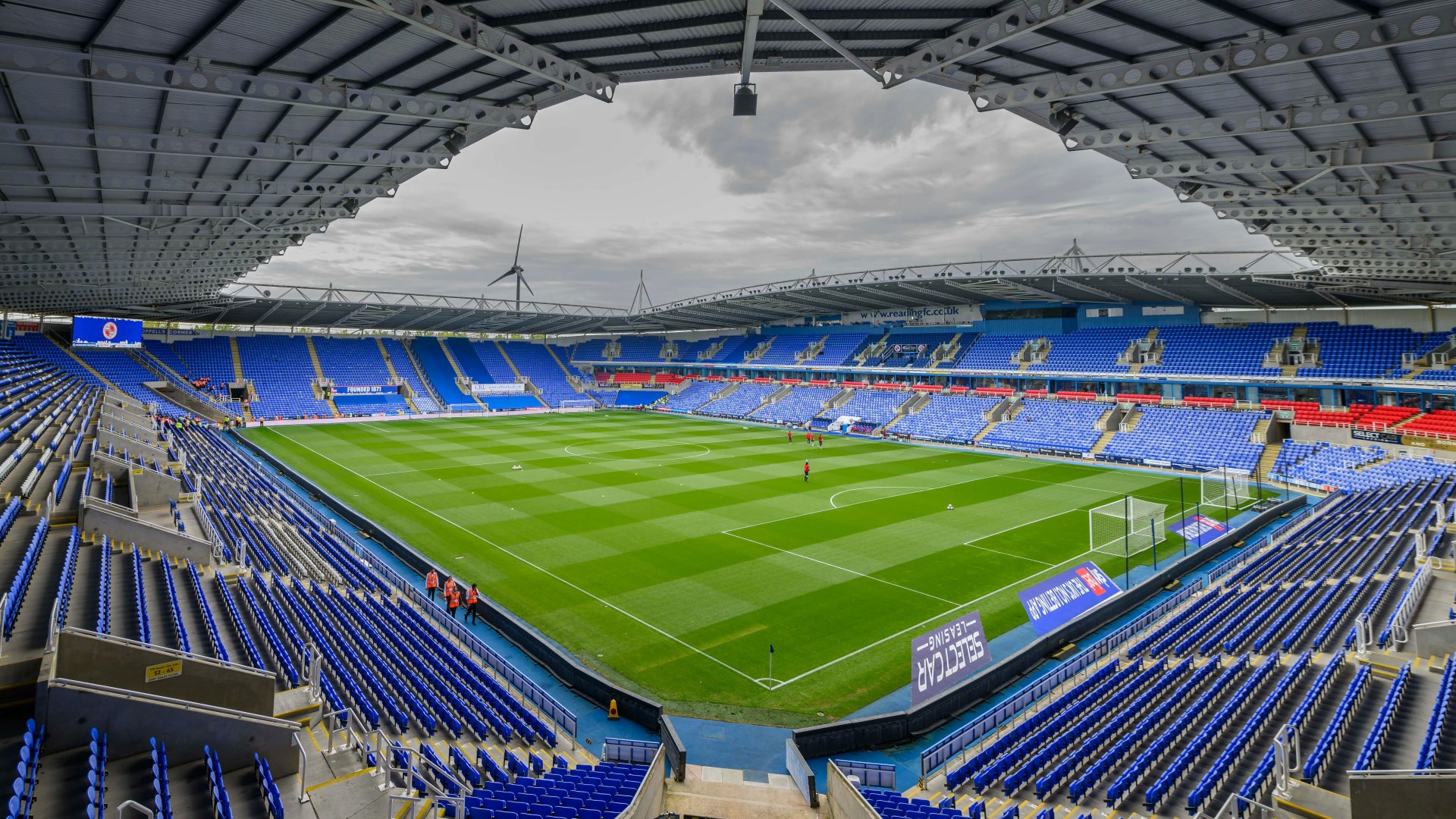Mental Health Crisis: EFL Fans Protest, Wrexham's Story Highlights Growing Concerns
The recent protests by EFL (English Football League) fans, alongside the heartwarming story of Wrexham AFC's commitment to mental health awareness, have shone a spotlight on a growing crisis within the football community and beyond. The passionate displays of discontent highlight a deeper issue: the urgent need for better mental health support for players, staff, and fans alike.
Fans Take a Stand: Protests Highlight Systemic Issues
EFL fans across the country have taken to the streets and stadiums in recent weeks, voicing their concerns about various issues, including ticket prices, ownership structures, and – crucially – the lack of adequate support for mental health. These protests underscore a growing dissatisfaction with the current state of affairs and a demand for more action. The unifying thread seems to be a feeling of being unheard and unsupported, a sentiment that resonates deeply with those struggling with mental health challenges.
- The cost of football: High ticket prices and the financial burden of supporting their clubs are cited as significant stressors contributing to fans' mental wellbeing.
- Lack of accessibility: Many fans feel alienated from the decision-making processes within their clubs, further exacerbating feelings of frustration and powerlessness.
- Mental health neglect: The perceived lack of adequate mental health resources for fans is a key complaint, with calls for more readily available support.
These protests represent a powerful call to action, demonstrating the crucial link between access to affordable and engaging football, and the mental health of its fans. Ignoring these concerns could have devastating consequences.
Wrexham AFC: A Beacon of Hope in the Fight Against Stigma
While protests highlight the negative aspects, the story of Wrexham AFC offers a contrasting narrative – one of hope and proactive mental health support. The club, now owned by Hollywood stars Ryan Reynolds and Rob McElhenney, has been lauded for its visible commitment to mental health awareness, creating a culture of open discussion and providing resources for players, staff, and the wider community. This proactive approach sets a positive example for other clubs to follow.
- Open Dialogue: Wrexham has fostered a culture where mental health is openly discussed, removing the stigma often associated with seeking help.
- Community Engagement: The club actively engages with local organizations and initiatives dedicated to mental health support, extending its reach beyond the football pitch.
- Accessible Resources: Wrexham has made a conscious effort to provide accessible resources and information about mental health support services to fans and the community.
This model emphasizes the importance of integrating mental health support into the very fabric of a football club, demonstrating that it's not merely a matter of ticking boxes, but a fundamental aspect of fostering a healthy and supportive environment.
The Path Forward: A Collective Responsibility
The contrasting narratives of protest and proactive support highlight the urgent need for a collective effort to address the mental health crisis within football and beyond. The EFL and individual clubs must take proactive steps to improve mental health support, including:
- Investing in mental health resources: Allocating sufficient funds for accessible and comprehensive mental health services for players, staff, and fans.
- Promoting open dialogue: Creating a culture where mental health is openly discussed without stigma.
- Collaborating with mental health organizations: Partnering with reputable organizations to provide effective and tailored support.
- Addressing affordability concerns: Examining ticket pricing and accessibility to ensure football remains affordable for all fans.
The protests and Wrexham's story are not mutually exclusive. They represent two sides of the same coin: the urgent need for change and the possibility of creating a healthier, more supportive future for the football community. It’s time for the football world to step up and prioritize the mental wellbeing of everyone involved. Let’s work together to create a future where passion for the beautiful game doesn't come at the cost of mental health.

